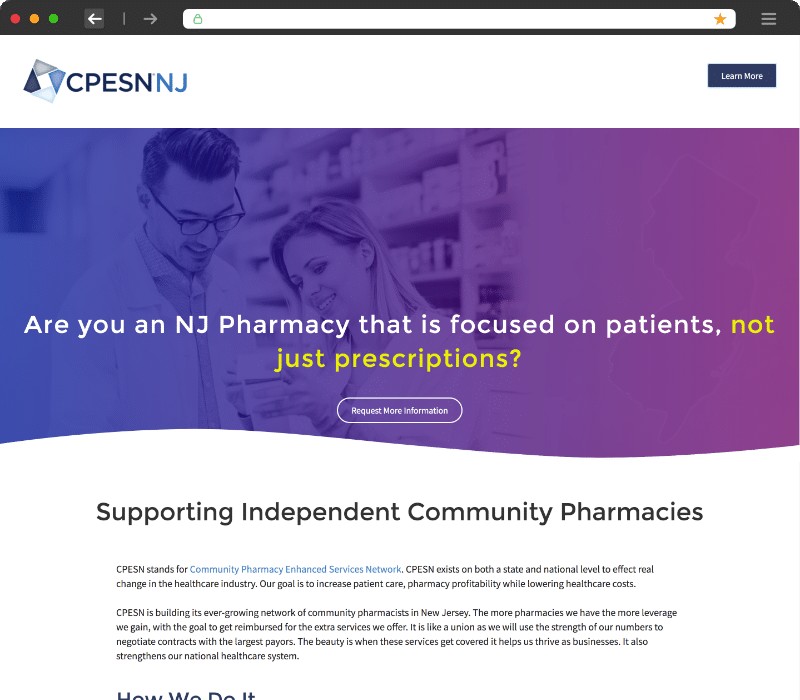Introduction
In a world where digital interactions dominate consumer behavior, having a robust digital marketing strategy is paramount for businesses aiming to thrive. It’s not just about creating a website or setting up social digital marketing media accounts; it encompasses understanding how to measure the effectiveness of these efforts. In this article, we will delve into various aspects of digital marketing strategies, focusing on how to measure success effectively. We will explore the nuances of web design, search engine optimization (SEO), and local SEO strategies, among others.
The Importance of a Well-Defined Digital Marketing Strategy
A well-articulated digital marketing strategy serves as the backbone of any successful online presence. This involves clear objectives and measurable KPIs (Key Performance Indicators) that align with overarching business goals. By employing precise metrics, businesses can evaluate their performance and make data-driven decisions.

Components of a Successful Digital Marketing Strategy
Content Marketing- Creating valuable content tailored to your target audience is essential.
- Engaging users on platforms where they spend time increases brand visibility.
- A personalized approach enhances customer retention.
- Ensuring your site ranks high in search results drives organic traffic.
Understanding Web Design's Role in Your Strategy
The Influence of Web Design on User Experience
The design of your website can significantly impact user experience and conversion rates. A professional WordPress web design can enhance usability, making it easier for visitors to find what they need quickly.
Key Elements of Effective Web Design
- Responsive Layout: Your site must look good on all devices. Fast Loading Times: Slow sites lead to high bounce rates. Clear Navigation: Users should easily navigate through your site without frustration.
Search Engine Optimization (SEO): A Critical Component
What is SEO?
Search Engine Optimization (SEO) involves optimizing your website so that it ranks higher in search engine results pages (SERPs). It's vital for driving organic traffic.
Types of SEO Strategies
On-Page SEO- Optimizing individual pages for specific keywords.
- Building backlinks from reputable sites to improve domain authority.
- Ensuring your website meets technical requirements for indexing by search engines.
Measuring the Effectiveness of Your Digital Marketing Strategy
Setting Clear Objectives
Before you can measure success, you need clear objectives aligned with your business goals. These could include increasing website conversions or improving brand awareness.
Key Performance Indicators (KPIs)
Traffic Sources: Understand where your visitors are coming from—organic search, social media, email campaigns? Conversion Rates: Measure how many visitors complete desired actions on your site. Bounce Rate: A high bounce rate may indicate poor user experience or irrelevant content.Tools for Measuring Success in Digital Marketing
Google Analytics
Google Analytics is a powerful tool that provides insights into user behavior on your site.
Key Metrics in Google Analytics
- User demographics Traffic sources Conversion tracking
Social Media Insights
Platforms like Facebook and Instagram provide analytics that help gauge engagement levels and audience growth.
Local SEO: Targeting Customers Nearby
What is Local SEO?
Local SEO focuses on optimizing your online presence to attract more business from relevant local searches.
Importance of Google Maps SEO
Optimizing for Google Maps can help local customers find you more easily. This involves creating a Google My Business listing and ensuring NAP consistency (Name, SEO Expert Address, Phone Number).
Increasing Website Conversions through Effective Strategies
The Power of A/B Testing
Running A/B tests allows you to compare different versions of web pages or marketing emails to see which one performs better.
Crafting Engaging Content That Converts
High-quality content tailored to the interests and needs of your target audience will not only engage visitors but also encourage them to convert.

FAQs Section
What is a digital marketing strategy? A digital marketing strategy outlines how a business plans to use online channels to achieve its marketing goals.
How do I measure my digital marketing success? You can measure success through various KPIs such as traffic sources, conversion rates, and engagement metrics on social media platforms.
What role does web design play in digital marketing? Web design affects user experience; an attractive and functional site encourages users to stay longer and increases conversion opportunities.
What is local SEO? Local SEO focuses on optimizing a business’s online presence so it appears in local search results when potential customers are looking for services nearby.
Why is content important in digital marketing? Quality content attracts and retains customers while improving search engine rankings when optimized correctly.
How can I improve my website’s conversion rates? You can enhance conversion rates by optimizing landing pages, using persuasive calls-to-action (CTAs), and conducting thorough A/B testing.
Conclusion
In conclusion, measuring the effectiveness of your digital marketing strategy requires diligent planning, execution, and evaluation based on key performance indicators relevant to both immediate goals and long-term objectives. From effective web design principles that enhance user experience to mastering local SEO for targeting nearby customers effectively—the path toward achieving measurable success lies within strategic implementation coupled with continuous monitoring and improvement efforts within each segment of your overall approach to digital marketing strategies.
Whether you're just starting out or refining an existing strategy, understanding these components will provide clarity in measuring what works—and what doesn’t—enabling informed decisions that drive growth over time in today’s fast-paced digital marketplace.
